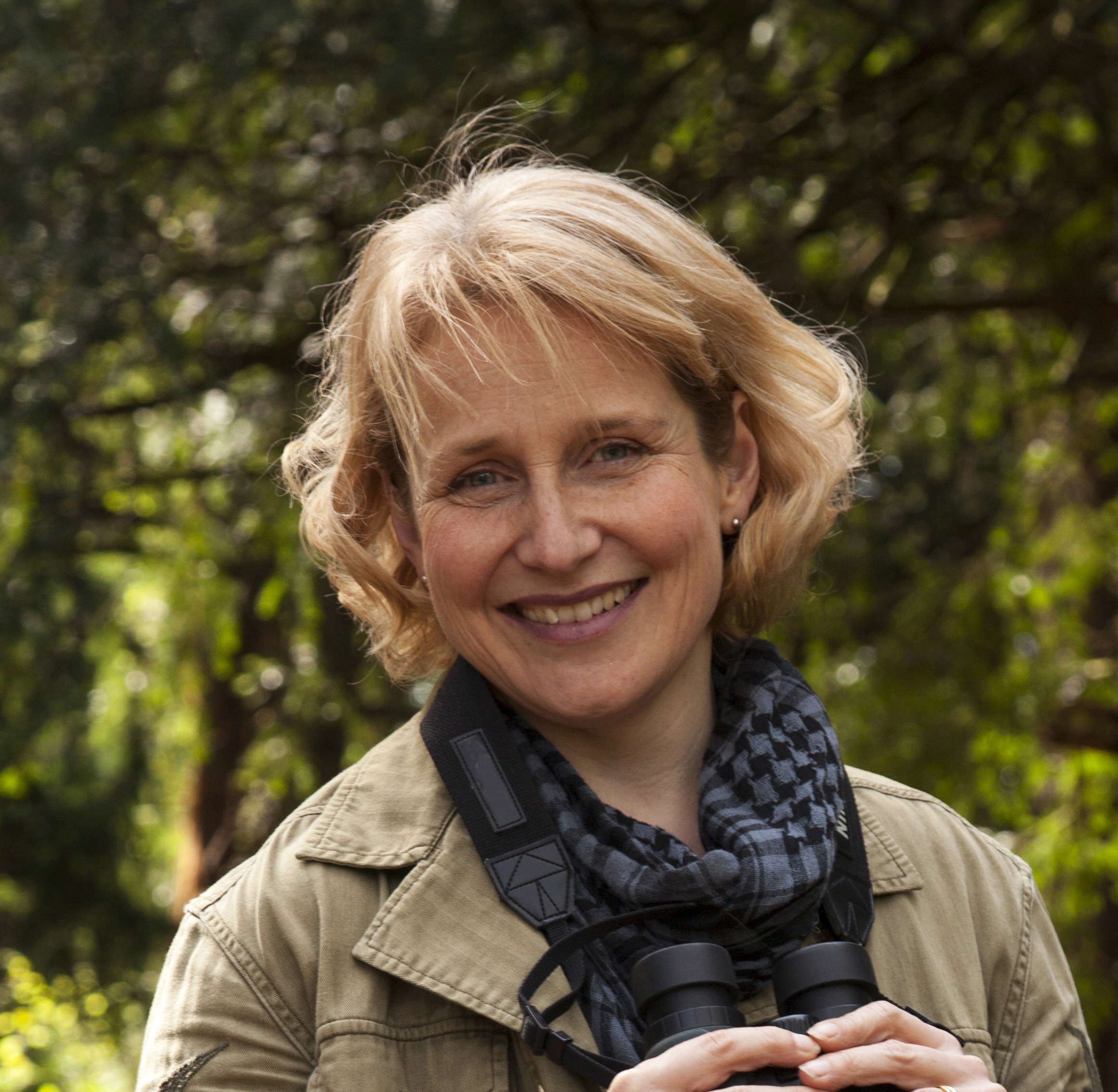Intensive farming, especially of meat and fish, both in Europe and other parts of the world, is leading to declines in rare wildlife, according to a new campaign.
Compassion in World Farming (CIWF) says species as diverse as jaguars, Asian elephants and African penguins are threatened by cultivation of soya in Brazil to feed cattle and pigs in Europe, palm-oil production in Sumatra and overfishing off South Africa to feed farmed fish elsewhere.
An estimated 35m tonnes of soya is exported to the EU every year, says CIWF. Habitat in the Brazilian cerrado has shrunk by 60 per cent, while jaguar numbers have plunged by 95 per cent in the past 50 years.
CIWF chief executive Philip Lymbery said the group’s ‘Stopthemachine’ campaign was about exposing the hidden cost of factory farming, rather than just the welfare of the livestock.
“It’s about what happens to the land used in the industrial production of animal feed,” Lymbery said. “It’s a great disappearing act – first the fields get bigger, then trees, bushes and wildflowers go, followed by insects, bats and birds.”
TV presenter Simon King says consumers had to take some responsibility for these wildlife losses, but could also help to bring about change.
“If tomorrow, not one piece of pork sold wasn’t organically grown and free-range, pig farmers would face a very simple decision,” he says.
Caroline Drummond, of LEAF (Linking Environment and Farming), says consumers could use its environmental marque to help them identify products that have been produced with less impact on nature and wildlife.
“The great majority of UK farm animals are grass-fed and more than 65 per cent of our farmland is grass,” Drummond said.
Main image: There are an estimated 25,000 pairs of African penguins in Southern Africa – fewer than one third of the population 40 years ago. © Mike Korostelev/Getty


